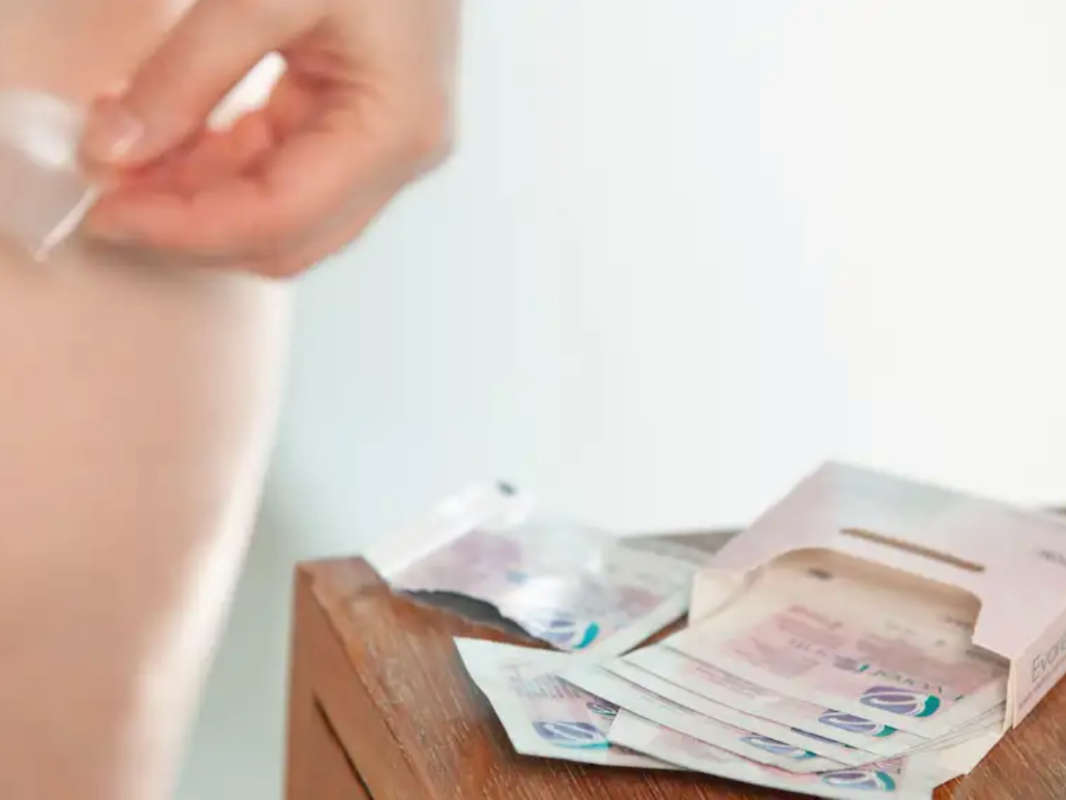
Lisa Salmon finds out about the pros and cons of HRT, which can help manage menopause symptoms.
Stocks of hormone replacement therapy (HRT) medication are running low, and Health Secretary Sajid Javid plans to appoint a tsar to tackle the problem.
The British Menopause Society (BMS, thebms.org.uk) says more than 75% of women, usually in their late 40s or early 50s, have menopausal symptoms, and an increasing number are taking HRT to help deal with it.
Figures suggest the number of HRT prescriptions in the UK has more than doubled in the last five years, but stocks are running low, with one manufacturer of a commonly-used hormone replacement gel reporting supply problems. As a result, many women are worried they may not be able to get their HRT, and might have to endure debilitating menopause symptoms – including hot flushes, night sweats, sleep problems and mood swings.
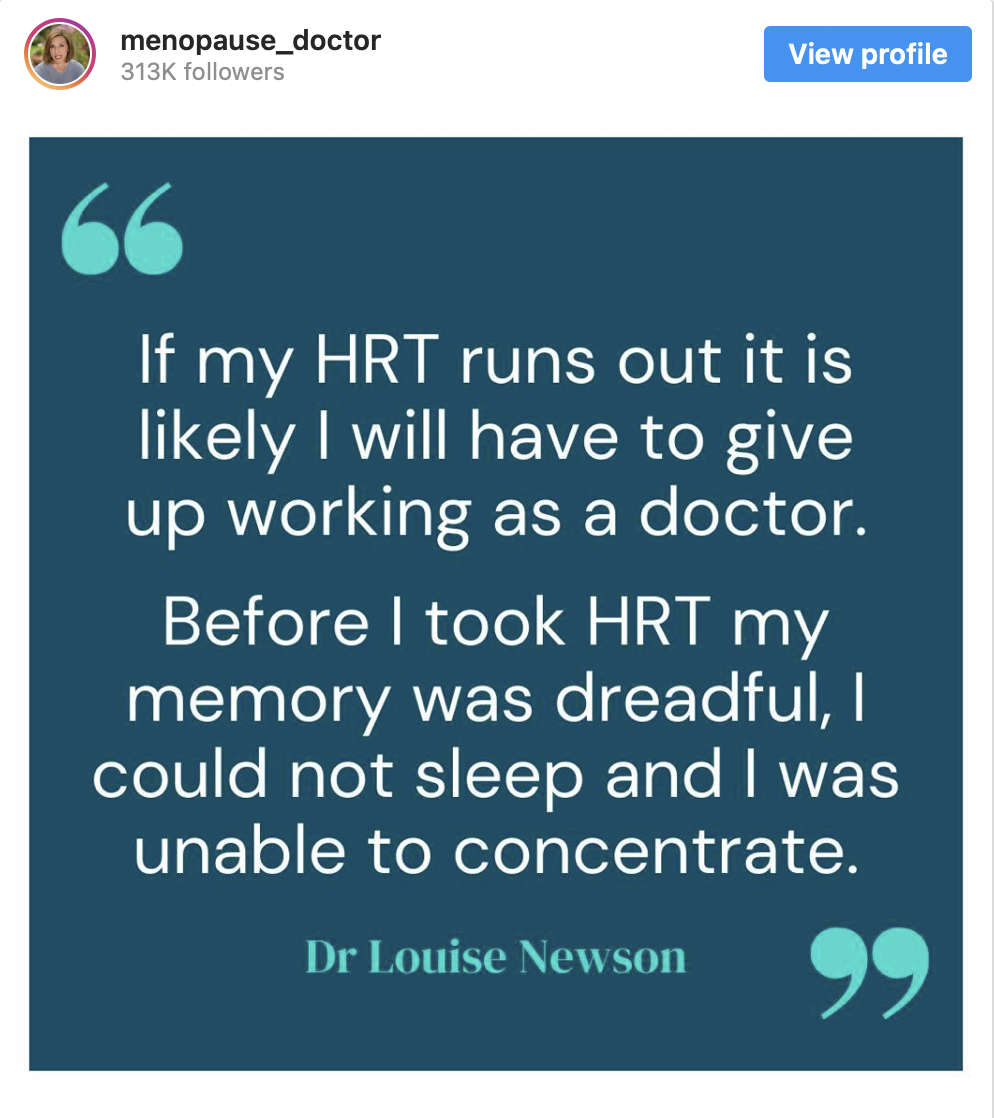
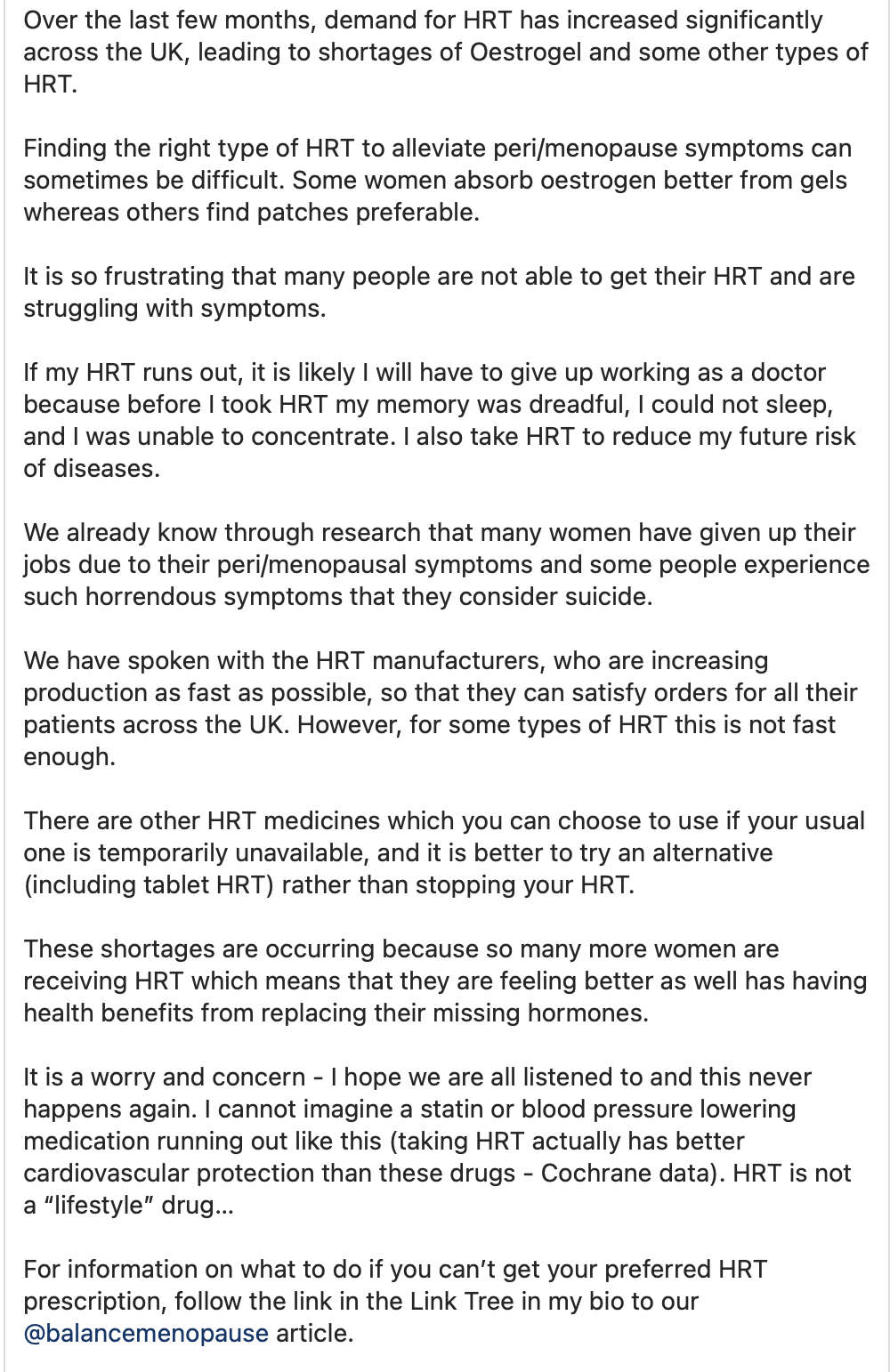

The BMS expects the shortage to be a short-term issue, but if you’re struggling with a lack of medication – or menopause symptoms in general – speak to your GP for advice.
According to the NHS, HRT “replaces the hormones that a woman’s body no longer produces because of the menopause”. The two main types are oestrogen and progesterone – medication tends to be split into combined HRT (taking both hormones) and oestrogen-only HRT. There are various ways to take HRT, including tablets, skin patches, gels and implants.
Dr Louise Newson, founder of The Menopause Charity (themenopausecharity.org) and Newson Health Research and Education (newsonhealth.co.uk), says:
“We’ve reached an extremely worrying point with regards to HRT supply in the UK, with thousands of women suffering unnecessarily, as they rely heavily on this to get by in their everyday life.”
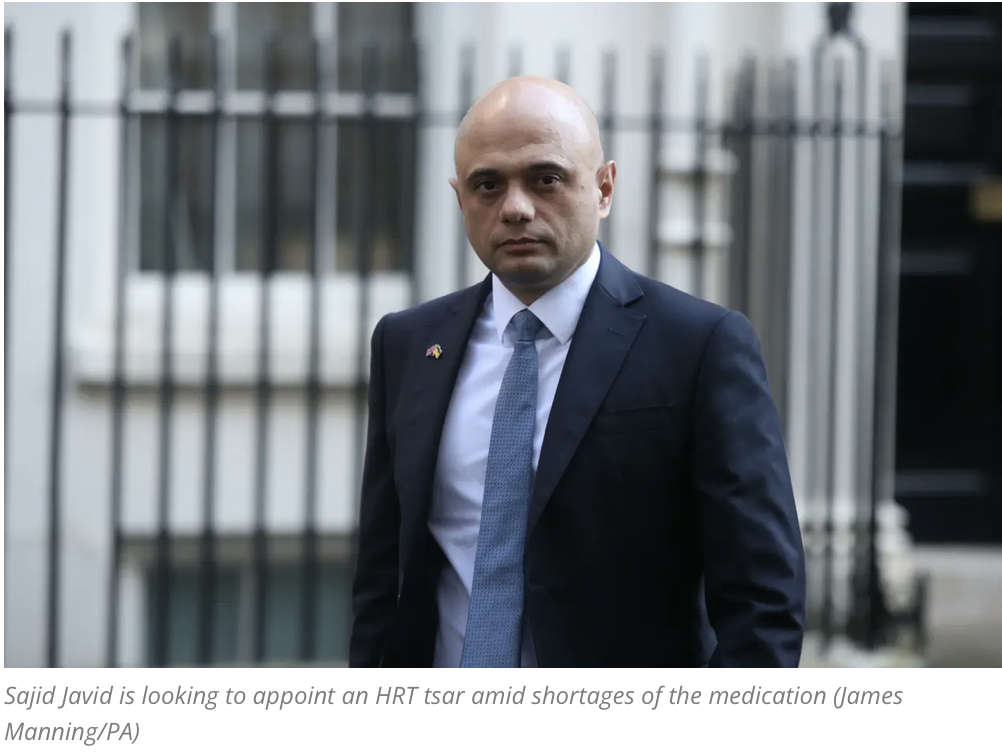
Dr Paula Briggs, a consultant in sexual and reproductive health and chair elect of the BMS, says the HRT shortage “is undoubtedly causing problems”, but stresses women should be given the right information to make an informed decision about how they manage their menopause, and it doesn’t have to be with HRT.
She explains:
“HRT replaces the hormone women’s ovaries are no longer producing regularly or reliably, so it tends to be the most effective way of managing the menopause transition. But there are other ways of doing that – whether that’s with lifestyle changes or using prescribable alternatives, some of which are antidepressants. It depends on the woman’s background, and medical and family history.”
So, what are the risks and benefits of HRT?
Benefits of HRT
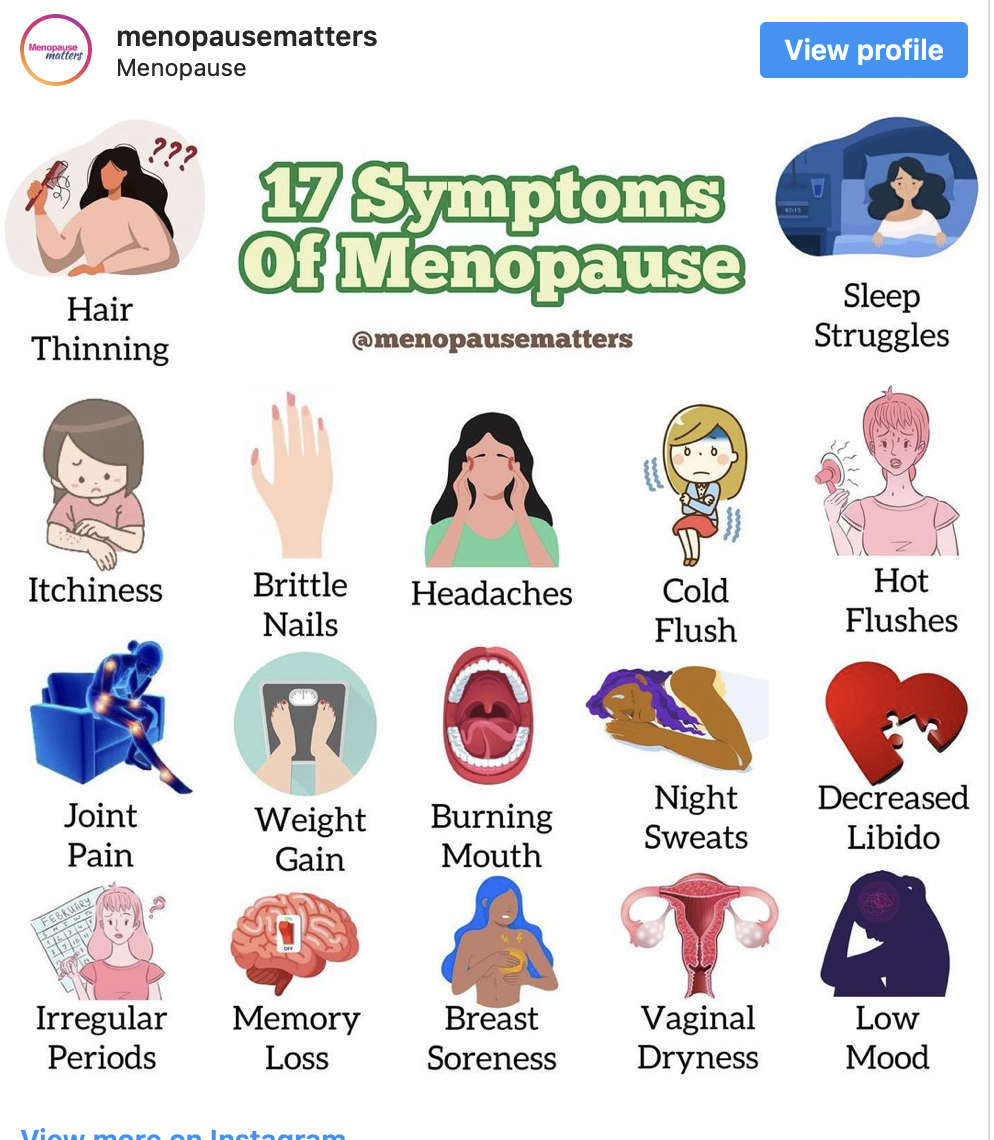
“The main benefits of HRT are symptom control,” says Briggs.
“It’s the best way of controlling common menopausal symptoms like hot flushes, night sweats and difficulty sleeping. If you don’t sleep, your ability to function becomes impaired, you feel anxious and it’s difficult to do your job.
“Longer-term treatment maintains bone mineral density, too. Osteoporitic fractures are a major cause of morbidity and ill health, so anything that reduces that risk is good – but it’s got to be in the right dose, and in the right patient.”
Newson believes:
“Taking HRT vastly improves your symptoms, and helps protect against long-term health risks or hormone deficiency. Even low levels of HRT can have benefits in your body and improve symptoms of the menopause. Many women describe this as giving them their lives back.”
Briggs mentions the suggestions that HRT will prevent Alzheimer’s disease, but stresses:
“It’s not based on any robust evidence, and we have to be very careful about the messages we’re giving to women, so their expectations of the treatment are realistic.”
Risks of HRT
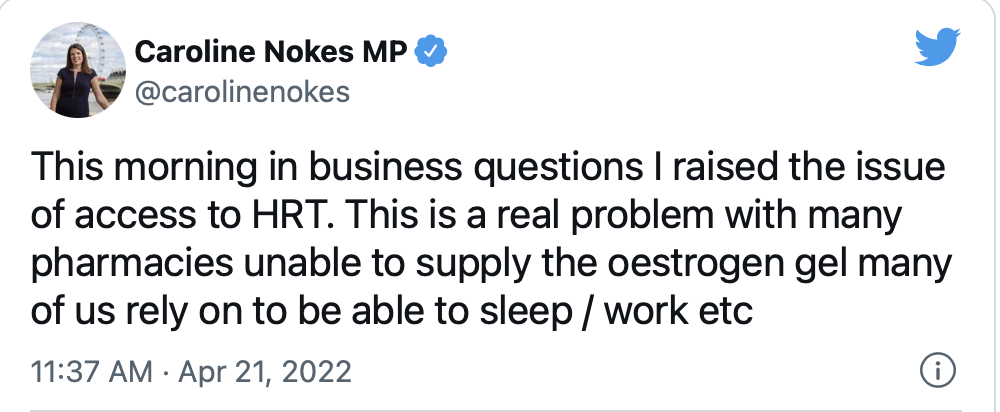
The NHS says the risks from taking HRT are very small – it depends on the type you take, how long you take it for and if you have any existing health conditions. It says there’s little or no change in the risk of breast cancer if you take oestrogen-only HRT, and combined HRT can be associated with a small increase in the risk of breast cancer, related to how long you take the medication for. This risk falls after you stop taking it.
Experts stress because of this increased risk, it’s especially important to attend all breast cancer screening appointments.
The NHS says there’s no increased risk of blood clots from HRT patches or gels, but a small increase from taking HRT tablets.
HRT doesn’t significantly raise the risk of cardiovascular disease (including heart disease and strokes), and when it’s started before the age of 60 it may, in fact, reduce the danger.
“The main things are cancer and cardiovascular risk,” says Briggs. “But for otherwise healthy women who are below the age of 60, the benefits outweigh the risks.”
She suggests hype around HRT supply problems is creating panic, saying:
“Women are worried they’re not going to be able to access their treatment, particularly if they’ve been very symptomatic, and an important message in the current crisis is there are alternatives. The BMS has published equivalent doses of alternative HRT preparations, and menopause consultations at GP surgeries offer wide-ranging potential health benefits.
“Don’t panic, don’t use anybody else’s medication, and make contact with your GP about a reasonable alternative. The shortage should be resolved by June.”
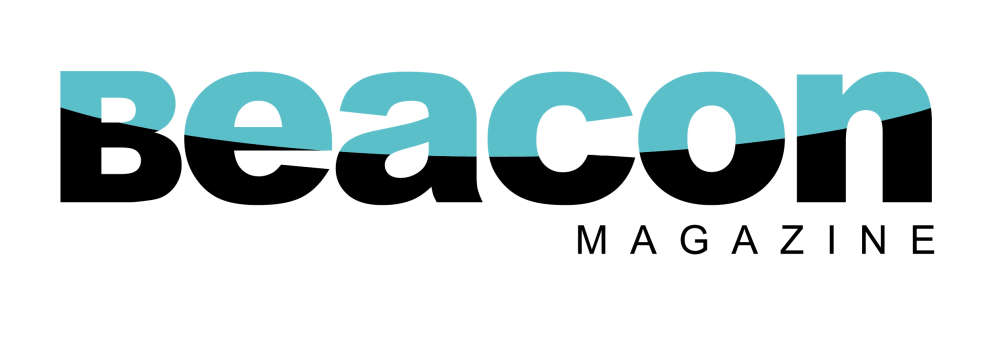
 Five Incredible Walking Trails To Explore Around Europe
Five Incredible Walking Trails To Explore Around Europe
 Five Ancient Wonders Of The World You Can Still Visit
Five Ancient Wonders Of The World You Can Still Visit
 The Exciting Appeal of the Beach Holiday
The Exciting Appeal of the Beach Holiday
 Five Most Frustrating Board Games To Play With The Family
Five Most Frustrating Board Games To Play With The Family
 Money Matters: The Revenue Generation
Money Matters: The Revenue Generation